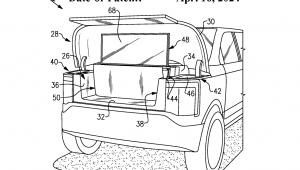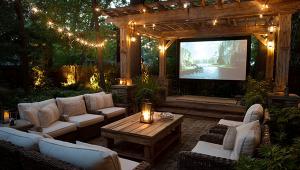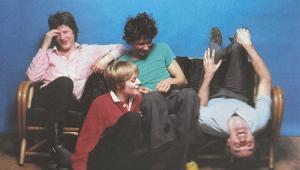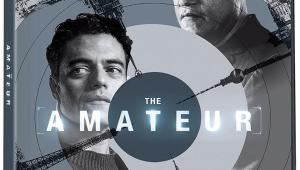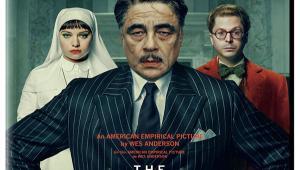Listen to the Charge of the Light Brigade
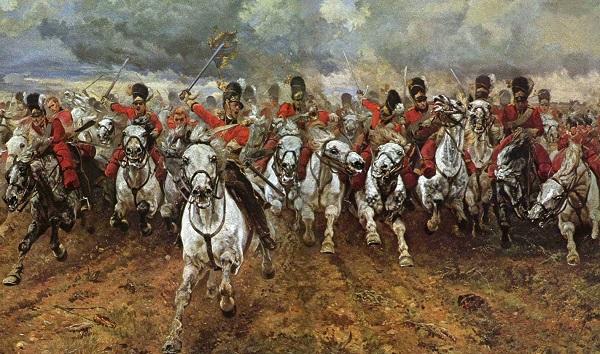
The day is October 25, 1854. The Crimean War rages, pitting United Kingdom and French forces against Russian forces. British army commander Lord Raglan issues orders to Lieutenant General George Bingham, commander of the British cavalry. Captain Louis Edward Nolan delivers the orders: "Lord Raglan wishes the cavalry to advance rapidly to the front, follow the enemy, and try to prevent the enemy from carrying away the guns. Troop horse artillery may accompany. French cavalry is on your left. Immediate."
After reading the orders and conferring with Captain Nolan, Lieutenant General Bingham orders 670 unarmored troopers to charge straight toward 20 Russian infantry battalions supported by over 50 artillery pieces. The men mount their horses, a trumpeter plays a bugle call to sound the command to charge, and the men move forward.
Some may think that the charge was a foolhardy or reckless act. But history shows that it was the result of something far more tragic — miscommunication. The orders themselves were vague; Lord Raglan instructed the cavalry to “advance rapidly to the front... try to prevent the enemy from carrying away the guns.” Clear of the fog of war, we know that he wanted them to prevent the Russians from withdrawing guns from another part of the valley, a task for which that light calvary were well suited.
But when queried, Captain Nolan apparently motioned toward another mass of dug-in Russian guns, at the far end of the valley, with other enemy batteries on either side of the valley — a seemingly suicidal task. We will never know for sure; Captain Nolan was killed in the first minute of the charge. In any case, the bravery of those men, soldiers who never questioned the orders, became legend.
The troopers changed from a trot to a canter and got to within two or three hundreds yards of the dug-in Russian artillery. Then the battery opened up with grape and canister shot. The muzzles of the cannon were aimed straight at the troopers; survivors said they could clearly see the artillerymen apply the matches to their guns. Facing withering cannon fire from three sides, the troopers continued to charge, drew their only weapons, their swords. They reached the end of the valley and drove the Russians from their positions, but then had to withdraw, riding through the gauntlet again. The surviving Russians returned to their guns, and opened fire again.
The day is August 2, 1890. Bugler Martin Leonard Lanfried (sometimes misnamed as Martin Landfrey was wounded in the charge, and his horse was killed. Today he positions himself in front of a very high-tech piece of technology — a wax cylinder recorder, and warms up. Playing into the horn, using a bugle that was previously used at the Battle of Waterloo, Lanfried sounds the same bugle call that a bugler sounded on that fateful day. History is unclear on exactly which of the buglers may have sounded the call, but the soldiers heard the bugle call and rode forward. On this August day, Lanfried plays the call again, recording it for the Light Brigade Relief Fund, to benefit the remaining veterans. You can listen to it here.
After the battle, French Marshal Pierre Bosquet grandiloquently stated, "C'est magnifique, mais ce n'est pas la guerre." ("It is magnificent, but it is not war.")





